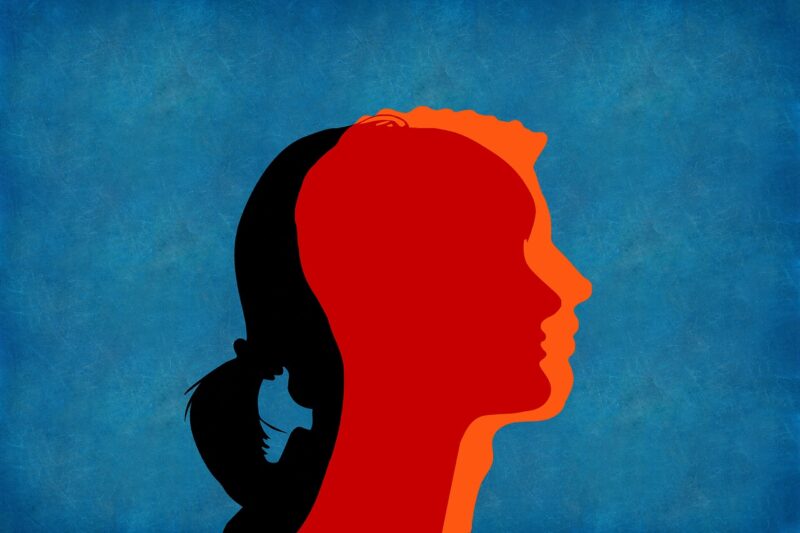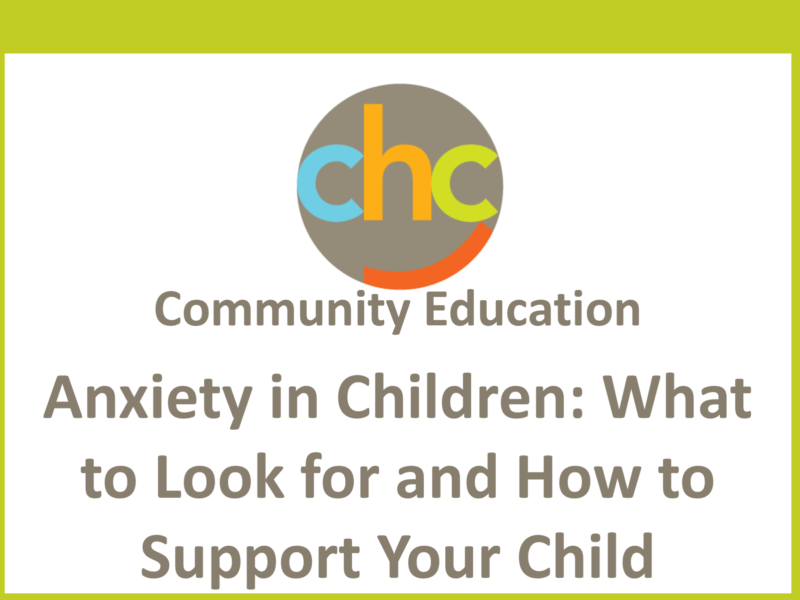
Stop Running (and other holiday tips for you and your teen)
written by Jenna Borrelli, LCSW, CHC We are a society obsessed with running, and by running I don’t mean the physical activity of running, I mean running from one thing to the next, filling up our lives with countless activities, Read more >>











